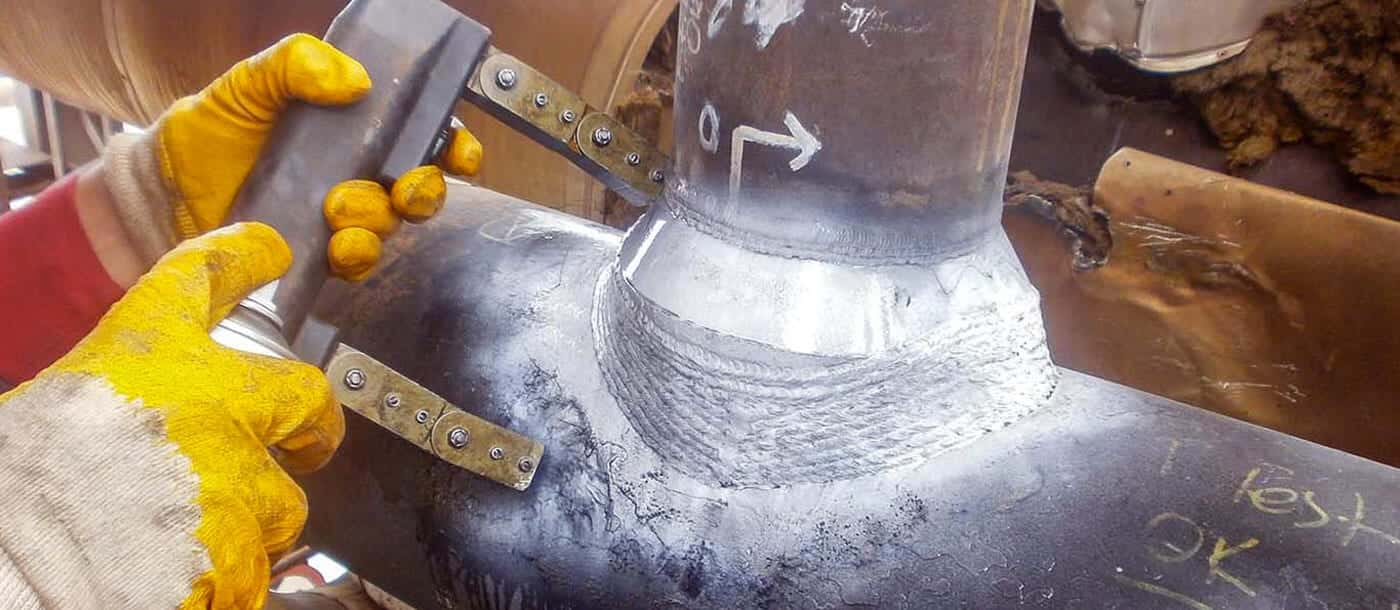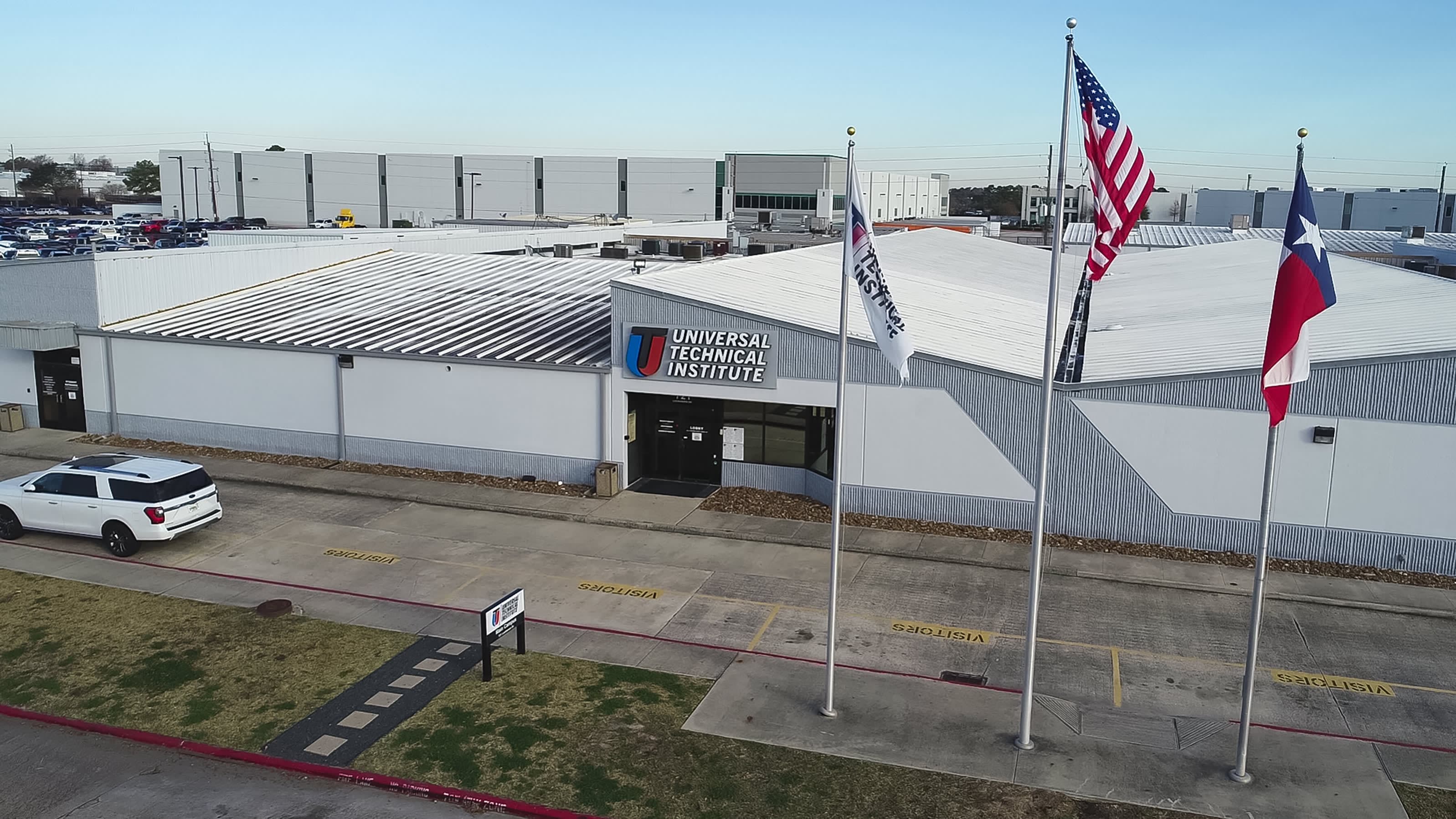The Non-Destructive Testing (NDT) Training Program at a Glance
UTI’s non-destructive testing training introduces students to the inspection methods used to evaluate materials, components and structures without causing damage. The program is designed to build foundational technical knowledge and inspection skills used across manufacturing-focused industries.
Areas of study include:
- Visual testing (VT)
- Magnetic particle testing (MT)
- Eddy current testing (ET)
- Radiographic testing (RT)
- Ultrasonic testing (UT)
- Liquid penetrant testing (PT)
Essential Work Behind the Scenes
9 months
1 campus
What Non-Destructive Testing Training Can Do for You
Non-destructive testing technicians help ensure products meet quality and safety standards set by the facilities they work for. Their work often supports maintenance and inspection efforts across industries such as manufacturing, energy production, offshore drilling and oil refining.
The nine-month Advanced Non-Destructive Testing Technician program introduces students to the non-destructive testing industry and provides the classroom training needed to pursue entry-level opportunities in the field after graduation. Graduates who are employed typically work with their employers to complete required on-the-job training (OJT) hours, which may support future certification testing.
Get Non-Destructive Testing (NDT) Training in Houston, Texas
Wondering, “Are there non-destructive testing schools near me?” If you live in Texas, click below for NDT training!
Explore Non-Destructive Testing Training Courses
Our courses cover essential knowledge and skills needed to work in the NDT industry. They start with the basics, so no prior experience is required. Plus, classroom training hours meet the requirements of ANSI/ASNT CP-189 and ASNT SNT-TC-1A standards — certification systems recognized across the industry. Our classes include:
- Penetrant Theory / Application I & II (Plus HAZMAT)
- Eddy Current Theory / Application I & II
- Magnetic Particle Theory / Application I & II
- Radiographic Theory / Application I & II
- Ultrasound Theory / Application I & II
- Visual Theory I & II (plus ISO Dwgs)
The Future of NDT
Quality control and inspections are important steps taken by industries nationwide. Employers are looking for non-destructive testing technicians with the right education to handle these responsibilities.
$77,390
68,000+
Gain the Skills Needed To Be an NDT Technician With UTI
Interested in pursuing a career in non-destructive testing? Now’s a great time to start your training. Click the request info link below to connect with an Admissions Representative. When you’re ready, you can take the next step and begin the application process.
FAQs
Non-destructive testing (NDT) technicians are professionals who help ensure the materials and structures we encounter every day are safe for use.
Becoming an NDT technician often requires the completion of a training program. You may also be required to have certain certifications. At UTI, students are introduced to the primary areas of non-destructive testing, which when added to on-the-job training (OJT) hours in the field may enable them to test and qualify for certification in specific disciplines.1
To become an NDT technician, you must have hours in the classroom and on-the-job field training (OJT) documented on paper. UTI can provide the classroom hours, and upon graduation and securing employment, an employer can provide the OJT.1 *The employer is always the source of his or her “certs.”
No. The program starts with foundational concepts, so prior inspection or manufacturing experience is not required.
Graduates may find opportunities in industries such as manufacturing, energy, aerospace, transportation and infrastructure.


